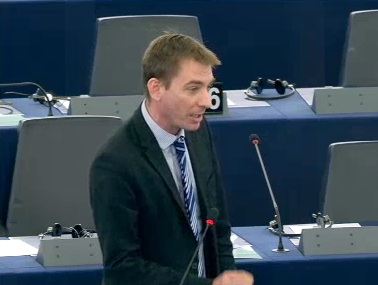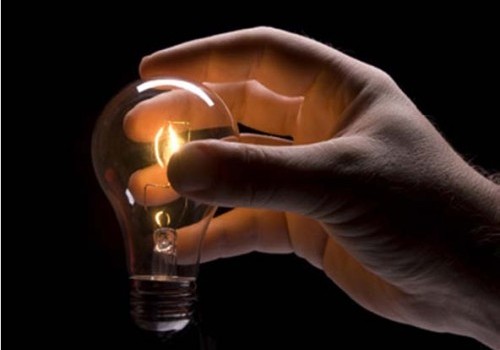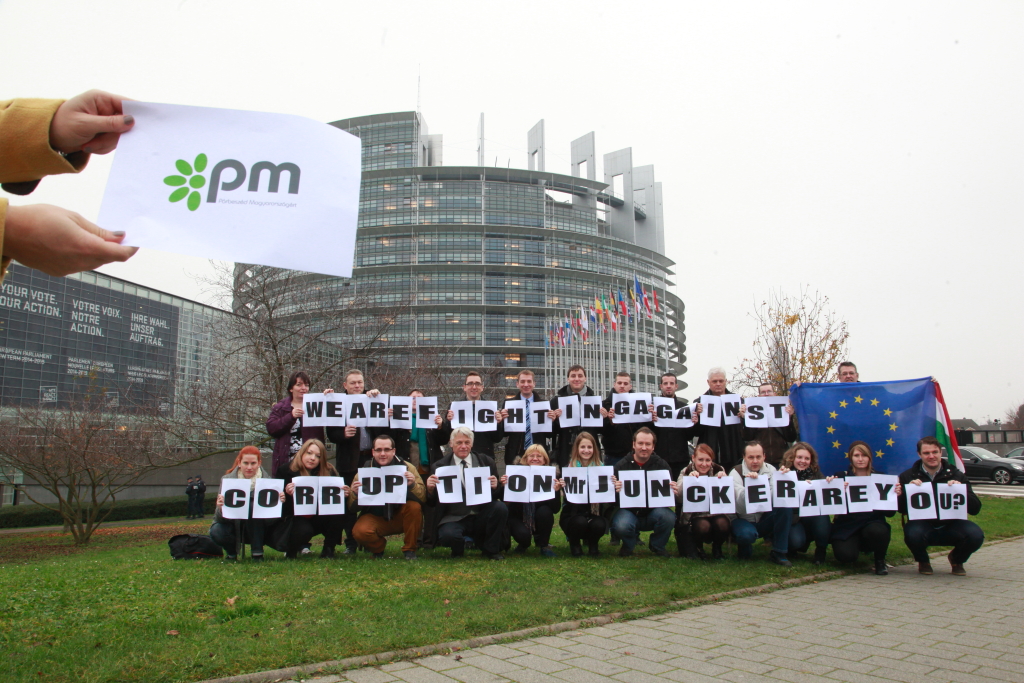In order for green ideas on energy to resonate in the mainstream, questions need to be answered about how the transition will be financed, and how it will benefit those are already marginalised and struggling economically. A positive initiative targeting the Roma minority in Hungary shows one way in which this can be achieved.
(Source of the picture: fortytwotimes.com)
Energy poverty: a pervasive problem
Europe’s energy policy has seen profound changes in the last decades, but it is currently facing a new situation with multiple challenges. Although choices around energy in different Member States may vary, we have three common and distinct policy objectives: limiting the climatic and environmental impact of energy production, transport and use; ensuring a reliable and uninterrupted supply of energy; and making energy affordable for every citizen while fighting against energy poverty.
The first two aspects have been widely discussed, thus in this article I put emphasis on energy affordability and in general the social aspects of the energy agenda, which has clear linkages with climate and energy security issues. Before examining the social aspects in detail, I would like us to remind ourselves that:
- We need substantial and sustained reductions of greenhouse gas emissions to avoid climate or ecological tipping points. Moving towards a low carbon economy would also result in substantial savings in terms of fuel costs in the EU, namely € 175-320 billion annually over the next 40 years according to the European Commission estimates.
- We need to reverse the current trends and reduce energy dependency in the EU. EU dependency increased from less than 40% of gross energy consumption in the 1980s to reach 53.4 % by 2012. To reverse the trend, an ambitious and coherent energy framework with interlinked targets is crucial.
These two challenges are accompanied by the pervasive problem of energy poverty in many regions of the EU (mainly in Eastern-Central Europe and the Mediterranean member states). Hence, making energy affordable for each and every member of European society and making sustainable technologies available for all are of utmost importance. This is also valid at global scale – according to the International Energy Agency estimates provided in the World Energy Outlook, 1.8 billion people lack access to electricity and in some regions, particularly in sub-Saharan Africa and developing Asia, energy poverty either stagnated or worsened as population growth outpaced energy access efforts.
In Europe itself, it is estimated that 50-125 million EU citizens are affected by energy (or fuel) poverty meaning that these households are unable to heat their home, afford to use energy services at an adequate level, and are forced to spend an extremely high proportion of their incomes for maintenance. Many households are unable to escape energy poverty and are basically excluded from existing energy modernisation programmes (e.g. insulation and improving heating efficiency of homes) due to their unfavourable financial situation.
In my view, at the European level, efforts should be concentrated on providing programs for low-income households to reach energy savings and to help them to get access to renewable energy investments. The latter would allow them to diversify their own energy sources and to build energy autonomy at a household level.
We need programmes that do not require an own contribution from disadvantaged households, as savings that they will be able to achieve via energy modernisation will cover their loan instalments. We also need low-cost micro projects targeted at the most vulnerable groups.
Hungary: a positive initiative against a difficult background
To give you examples from my home country, according to a recent study, 75-85% of households in Hungary do not have any savings; 80% of those households planning energy related investments would not receive a bank loan to cover the investment costs. As recent Eurostat reports show, in 2013 33.5% of the residents in Hungary were living at risk of poverty or social exclusion and the number of those living under the poverty line is 1.363 million. More importantly in Hungary – in many cases as a result of misusing EU funds – the gap between the richest and the poorest is bigger than ever: as the Bertelsmann Foundation states in its report “Social Justice in the EU – A Cross-national Comparison” Hungary is the 25th out of 28 EU countries in the field of social cohesion and non-discrimination.
Nevertheless, I can also showcase a best practice example based on a participatory approach. The “Fényhozók” (“Light bringers”) project aims to provide simple, DIY energy solutions using solar energy for vulnerable Roma households in Hungary.

Within this programme, the students and alumni of the Romaversitas Foundation provide help to the most vulnerable families living in ghettos in establishing Self-Financing Communities. The goals are tangible: to equip the poorest houses with solar panels, LED lightning and accumulators; to find the most efficient and sustainable techniques for heating as well as to disseminate the necessary knowledge among the people with lowest education. Besides these very concrete goals the program focuses on the empowerment of communities’ through decreasing the families’ dependency from service providers.
Having some insight into the use of EU funds in Hungary and the current priorities of the Hungarian Environmental and Energy Efficiency Operational Programme in particular, I can remark that alleviating fuel poverty is not an integral part of the Programme, and there is a high risk of EU-co-funded developments actually resulting in growing disparities. As many good European examples show us, EU funds could and also should be diverted towards energy efficiency programs planned, implemented and run by (poor) local communities. It is essential to pay special attention to the question by EU bodies, decision makers and even experts working in any of the related fields.
Widening access to energy
There is a threefold challenge that Europe’s energy policy needs to tackle, and here I argued for a need to intelligently reframe the energy agenda by combining green energy efforts with the alleviation of energy poverty.
We should build on the momentum of the energy security efforts, and we definitely need an ambitious policy framework that provides proper incentives, brings about behaviour change and at the same time, provides benefits for the wider public. While mainstreaming sustainable technologies, new solutions should follow with a view to reducing disparities in the EU.
Energy savings, efficiency and sustainable sources have to be fundamental elements of a renewed, common European energy policy. I also argue for a decentralised energy system which is based on the ‘prosumer’ (consumer and provider at the same time) concept which requires clearly distinctive developments, investments and infrastructural priorities in comparison to a traditional energy network.
In addition to this, we should look far beyond progress in terms of infrastructure, systems, and technologies, and also aim for providing better services and above all, improving accessibility to these in the widest sense.
The “Fényhozók” (“Light bringers”) project of the Romaversitas Foundation provides a good example for all the above aspects.
http://www.greeneuropeanjournal.eu/bringing-light-social-aspects-energy-agenda/





